Educational Topics: Attachment and Regulation
Outline - Attachment & Regulation
- Behavior is an expression of emotion
- When we get upset, our lower/primitive brain takes over (fight or flight)
- Kids don't begin to develop "rational" brain until age 6
- Attachment and the Brain
- 3 year old children
- Normal, extreme neglect
- Extreme example of how the absence of human contact effects development.
Attachment is at the Root
- We are born with the need to seek closeness to significant others in order to feel safe and secure (survival instinct)
- "Attachment behavior" looks like actions that help us to achieve this closeness with caretakers/significant others
- How others respond to our attempts to be close teaches us what to expect from others in the future (i.e. what happens in childhood effects how we behave as adults)
Attachment Behavior
- Being close to caregiver
- "Safe haven" to return to when scared or hurt
- "Secure base" from which to explore
- Separation anxiety occurs when caregiver is away
Secure Attachment
- Feels safe and secure
- Trusts caregiver to "be there"
- May become upset when caregiver leaves but easily comforted on return
- When frightened, securely attached children seek comfort from their caregivers
- Use caregiver as "secure base"
Insecure Attachment
- Unsure if caregiver will respond to needs
- May become overly upset/inconsolable when caregivers leave or return or seem like they don't care about caregiver's whereabouts
- Overly clingy or act uninterested
- Afraid to explore
Healing Attachment Wounds
- Talk about what happened
- Provide a safe space for exploration of feelings
- Consider getting help
- Consistency is key
- Provide a secure base
- Fostering secure attachment
Attachment & Regulation
- Attachment helps us understand what our kids need by being focused on their cues
- Regulation is our ability to stay calm or "centered"
- Like Gandhi said:
- "Be the change!"
Self-regulation or Staying Calm
Four basic emotions:
- Happy
- Angry
- Scared
- Sad
Arc of State Regulation
- Alert Processing – “Gleam in the eye”
- Terror, frozen
- Sad, Depressed
- Withdrawn, Dampened
- Indifferent, Day Dreaming
- Flat, Alert
- Attentive, Engaged
- Interested, Joyful
- Excited, Nervous
- Agitated, Shouting
- Anger, Panicked
- Flooded, Rageful
- Sensory input and stressor
- Internal Input (Thought, feeling, or sensation) Or
- External Input (Relational, the people around us, environment, noise, sights)
Anger Volcano
- Strategies (yelling, substance use, hitting, being rude, screaming, shutting down, kicking, slamming doors)
- Anger comes from underlying feelings and unmet needs
- Discover and reflect (Feelings: sadness, hurt, fear, anxiety, boredom, etc.)
- Help them meet underlying needs
How to provide empathy
-
Observe (don’t judge) what is happening
-
Identify feelings
-
Identify needs
-
Engage child (body language, eye contact, curious, open, regulated)
-
Provide empathic listening (reflect, try to identify needs)
-
Develop solutions
So how do we self regulate?
- Ideas
- Strategies
- Self care
What's the BIG idea?
- When we get upset our lower brain takes over (fight or flight)
- Understanding our feelings helps us to stay calm, or to self-regulate
- Helping our kids understand and express their feelings can prevent disruptive behavior
Looking Ahead
- Attachment communication techniques
- Consistent, positive reinforcement
What is Eye Cue Mental Health
Eye Cue Mental Health Provides High Quality Mental Health Care.
Eye Cue Mental Health is located in Cerritos, CA. Our office is located where the 91 and 605 freeways meet and borders both Los Angeles and Orange County. Our psychotherapy treatments utilize Evidence Based Practices and are highly effective, run by Saqib Iqbal, Licensed Clinical Social Worker (LCSW).
Our clinic offers a range of psychological services and treatments to children, adolescents and adults in our community. We provide comprehensive psychological assessments and psychotherapies. From time to time we offer group therapy for adults struggling with depression, anxiety, or substance abuse.
Many clients are adults who find themselves in a cycle of unhealthy habits and negative personal beliefs. We use Cognitive Behavioral Therapy and Solution Focused Therapy, among other treatment approaches, to reduce the impact of mental health symptoms on daily living. Couples are also invited to explore their relationship in a safe and open setting to discover and express emotions..
Conditions Treated:
- Major Depressive Disorder
- Generalized Anxiety Disorder
- Panic Disorder
- Specific Phobia
- Attention Deficit/Hyperactivity Disorder
- Substance Abuse/Dependence
- Sexual Addiction
- Posttraumatic Stress Disorder
- Adjustment Disorder
- Schizophrenia
- Dual Diagnosis
Specialization in Treatment of the Following Diagnoses:
Companies We Work With:
- Aetna
- Beacon Health Options
- Beacon Health Strategies
- Blue Shield
- Cigna
- Health Net
- Kaiser (Out-of-Network)
- Magellan
- Medi-Cal
- Medi-Care
- MHN
- Open Path
- Optum
- TRICARE
Service Areas:
- Artesia
- Cerritos
- Bellflower
- Norwalk
- La Palma
- Los Alimitos
- Long Beach
- Lakewood
- Los Angeles
- Whittier
- Orange
- Santa Ana
- Anaheim
- Rancho Dominguez
- Torrance
- Carson
- Gardena
- Lawndale
- San Pedro
- Hawthorne
- Inglewood
- Paramount
- Tustin
- El Segundo
- Redondo Beach
- Palos Verdes
- Redondo Beach
- Hermosa Beach
- Seal Beach
- Westwood
- Hollywood
- Pomona
- Monrovia
- Glendora
- Covina
Get in Touch
You can contact us any way that is convenient for you. We are available 24/7 via fax or email. You can also use a quick contact form below or visit our office personally.
We would be happy to answer your questions.
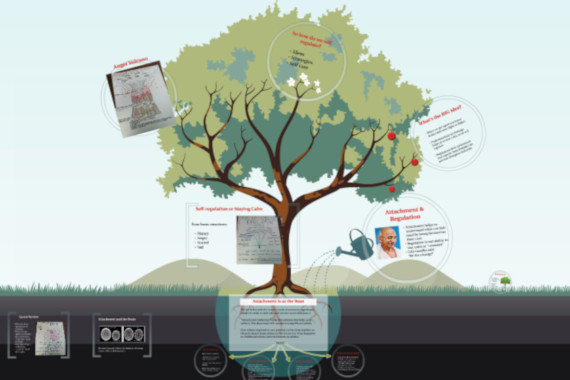
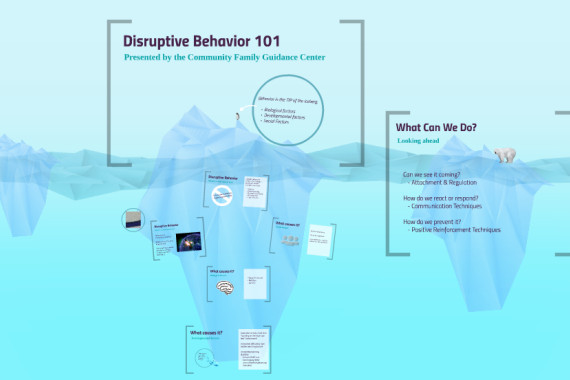
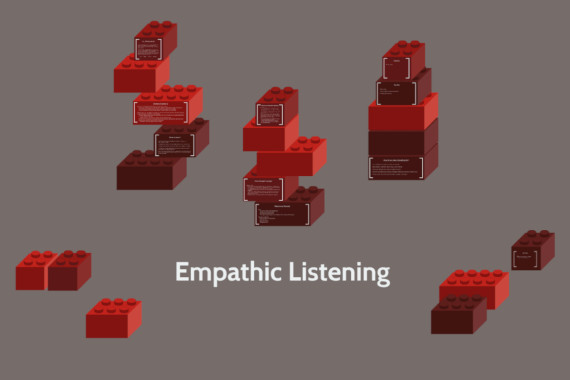
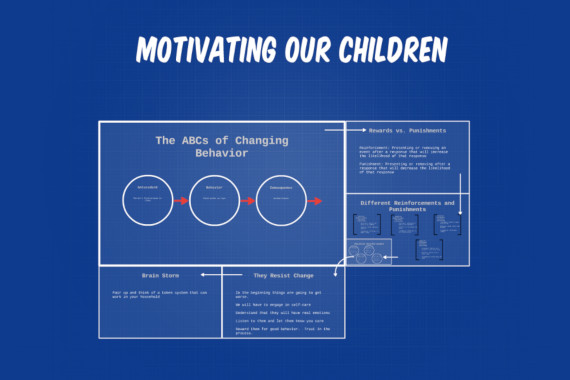
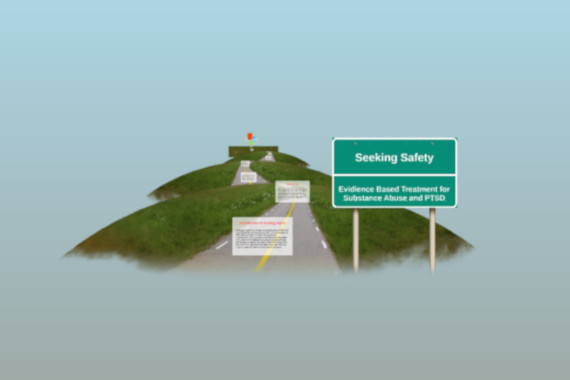
.png)

_Austrian_psychiatrist.jpg)